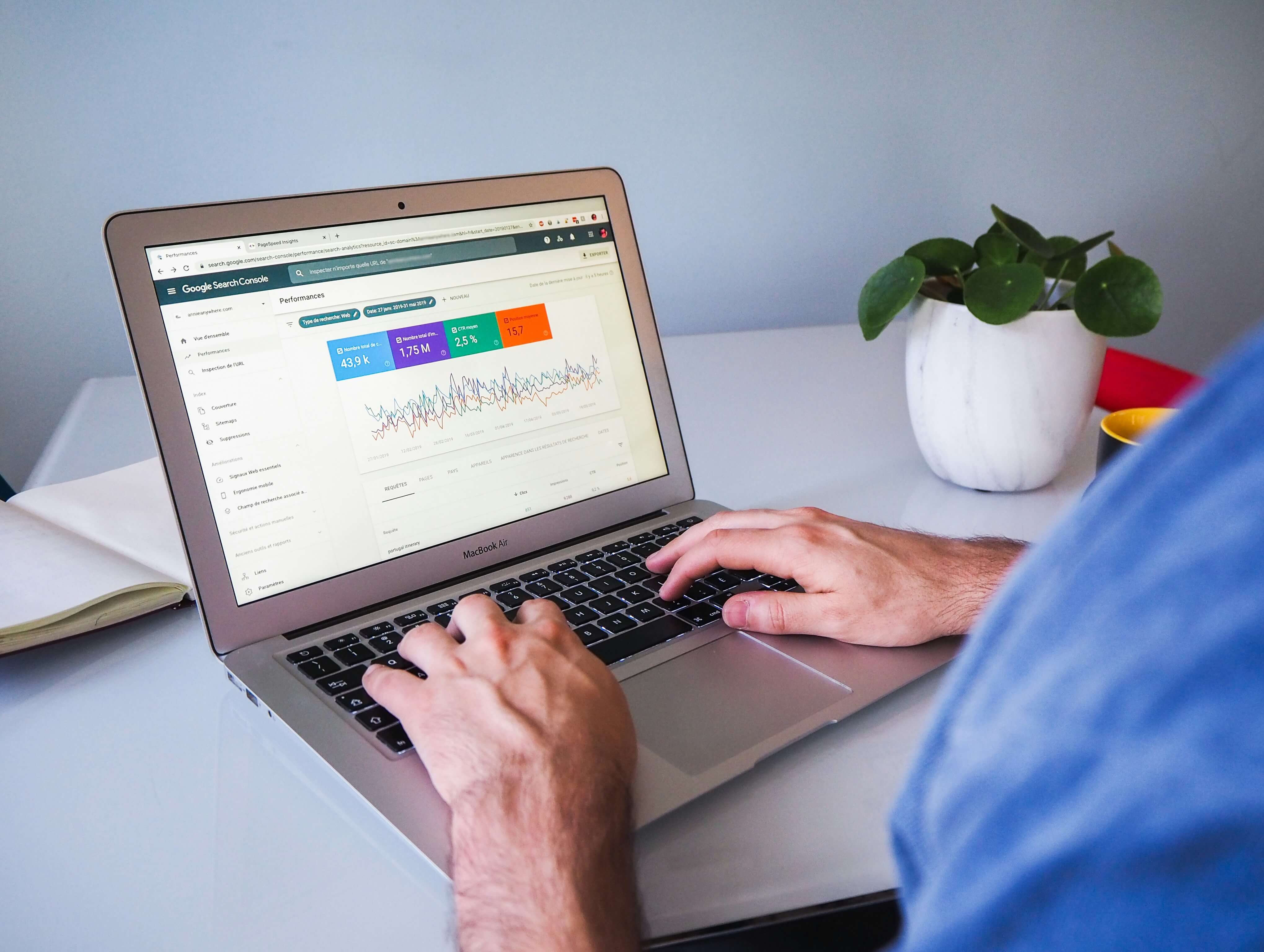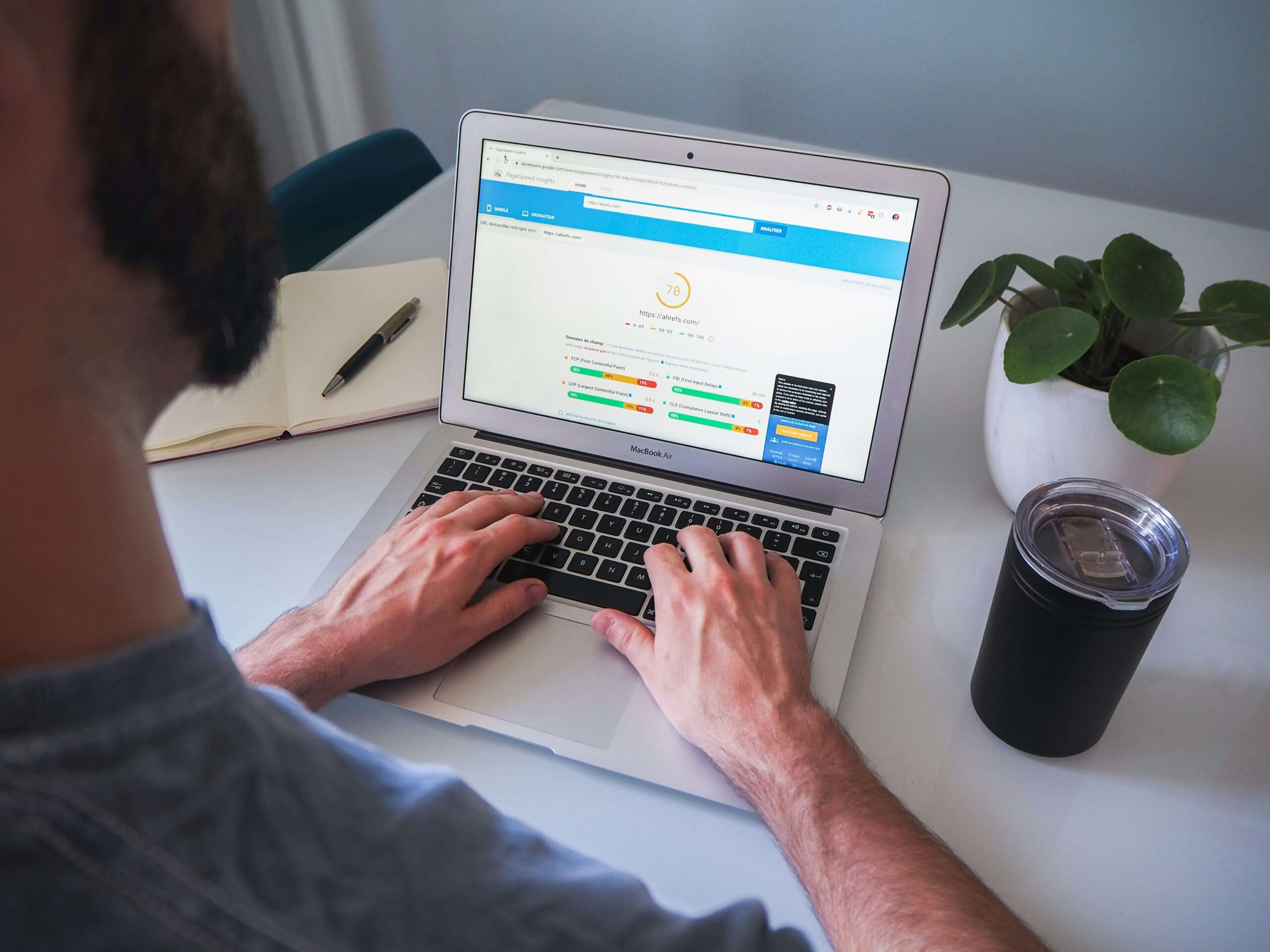In today’s digital landscape, the speed at which your WordPress site loads can significantly impact user experience and search engine rankings. A slow-loading website not only frustrates visitors but also affects your site’s credibility and conversion rates. As a WordPress developer, understanding the key factors that contribute to site speed is essential for delivering high-performance websites.

One of the most common issues that slow down WordPress sites is unoptimized images. Large image files can dramatically increase load times, so it’s crucial to use image optimization tools to compress and resize images without sacrificing quality. Additionally, the number of plugins you use can also affect your site’s performance. While plugins add functionality, too many can lead to bloat and slow down your site. Choose lightweight plugins and regularly review and remove those that are unnecessary.
The Role of Caching and Reliable Hosting
Caching is another vital aspect of optimizing your WordPress site. Caching plugins store static versions of your pages, reducing the need for repeated database queries and speeding up load times for returning visitors. It’s also important to select a reliable hosting provider that offers robust performance features. A good hosting provider can make a significant difference in your site’s speed and overall performance.
Speed is not just a luxury—it’s a necessity. A fast-loading website enhances user satisfaction and drives better engagement.
By implementing these strategies, you can significantly improve your WordPress site’s speed and performance, ultimately providing a better experience for your visitors and boosting your search engine rankings.



